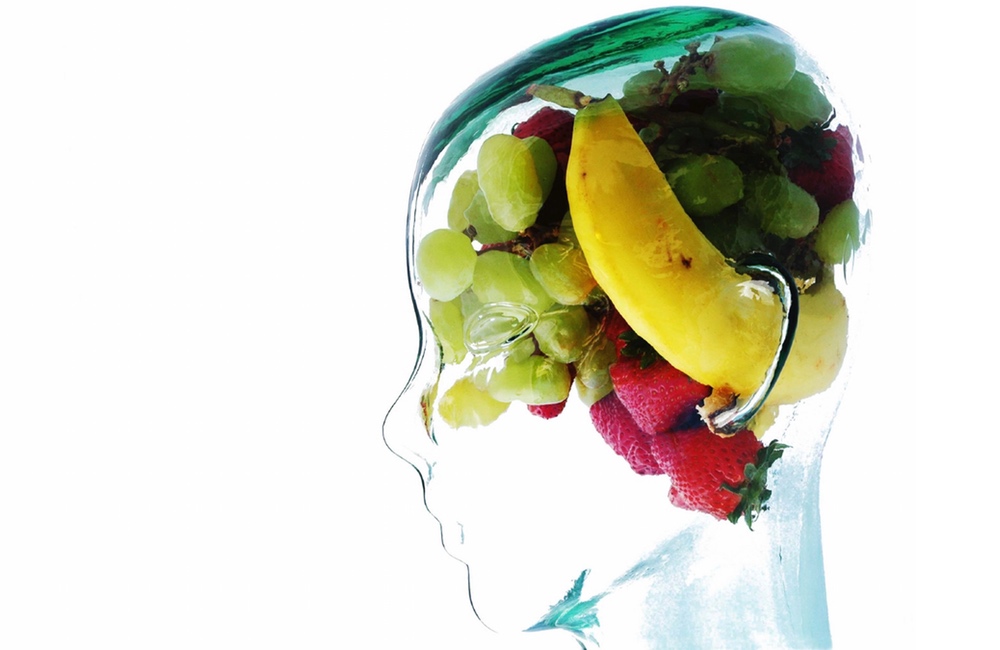It's a substance that you probably consume every day, and it may be causing damage to your brain. You can reverse that damage. The question is, are you?
Fructose, a common sugar in the American diet, can cause damage to genes in the brain that have been linked to diseases like ADHD, Alzheimer’s, diabetes and cardiovascular disease, according to new research.
Fructose is naturally found in fruit, but fruit is not the problem. The fiber in fruit slows the absorption of fructose; in addition fruit contains plenty of other healthy components — antioxidants and phytochemicals — that protect the brain and the body from damage.Fructose is naturally found in fruit, but fruit is not the problem. The fiber in fruit slows the absorption of fructose. The major source of fructose for most people is high fructose corn syrup.
That's the bad news, but there’s good news. The University of California, Los Angeles researchers found that an omega-3 fatty acid, DHA, appears to counteract the damage done by fructose.
“DHA changes not just one or two genes; it seems to push the entire gene pattern back to normal, which is remarkable,” Xia Yang, a senior author of the study, said in a statement. “And we can see why it has such a powerful effect.”
DHA occurs naturally in brain cells, but isn’t present in sufficient quantity to aid in fighting off disease. It is an essential fatty acid meaning that the body cannot make it. We have to get it from the foods we eat.
Researchers found that rats who consumed fructose in an amount equivalent to a liter of soda a day experienced impaired memory compared to rats who were fed fructose water and a DHA-rich diet or just fructose water with no DHA. The rats who were fed fructose water and DHA performed very similarly to those that drank only water, suggesting that DHA counteracted the harmful effects of fructose.
So what foods contain this fructose-fighter, DHA? Wild-caught salmon are an excellent source. Avoid or limit your intake of farm-raised salmon to avoid toxins and antibiotics. Other fish and fish oils contain lesser amounts, as do walnuts, flaxseed, fruits and vegetables.
The research is published in EBioMedicine.





